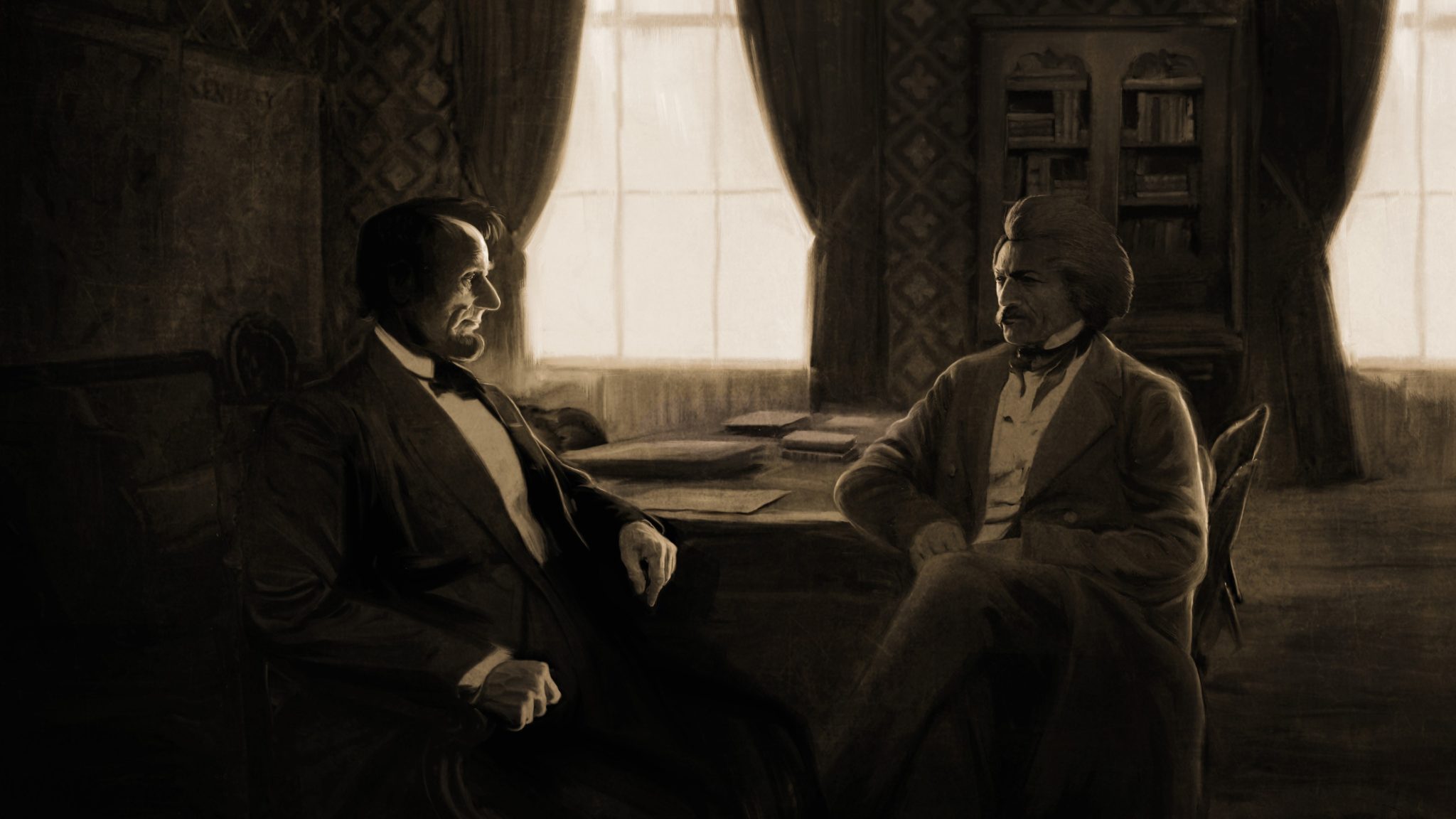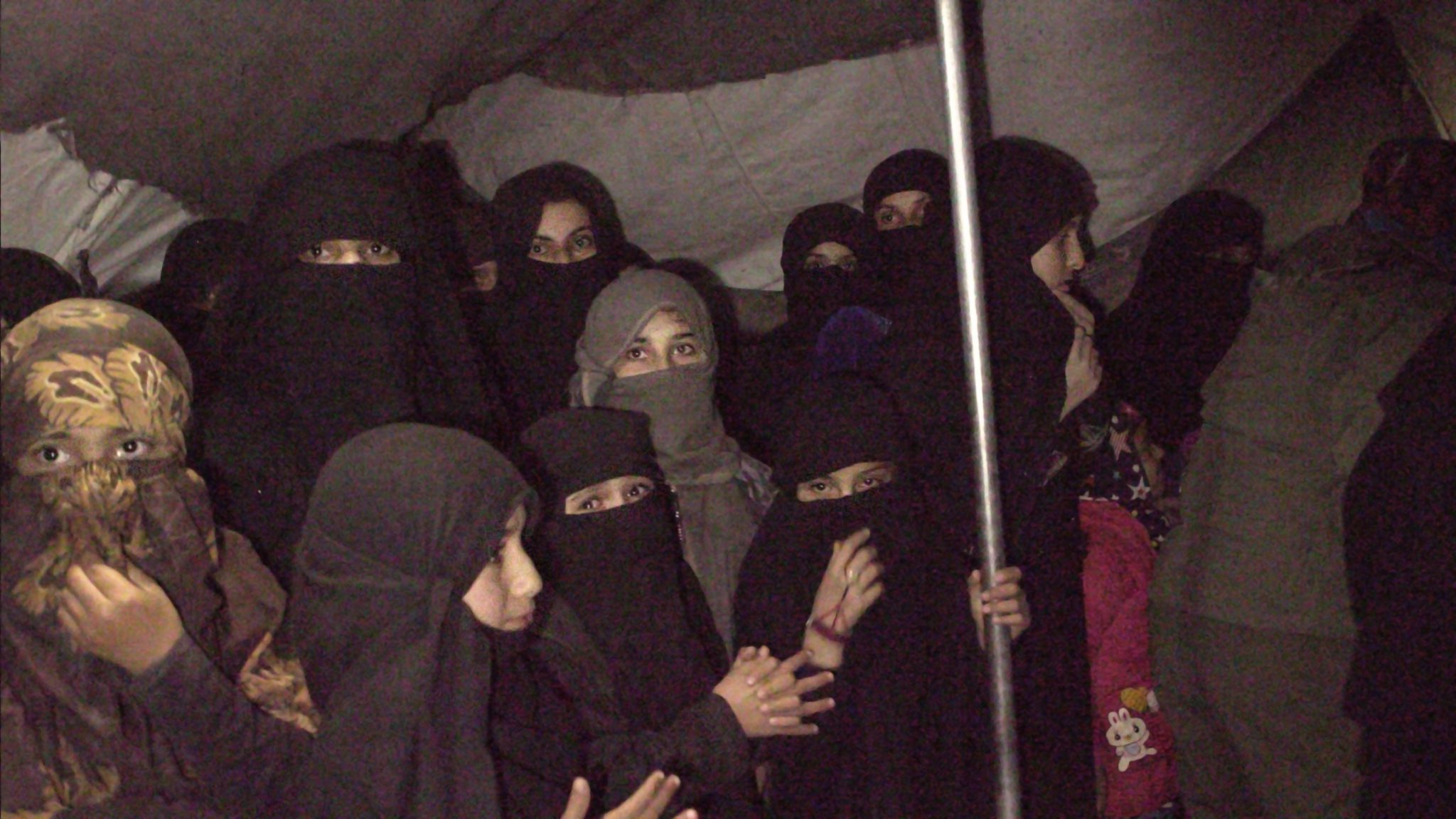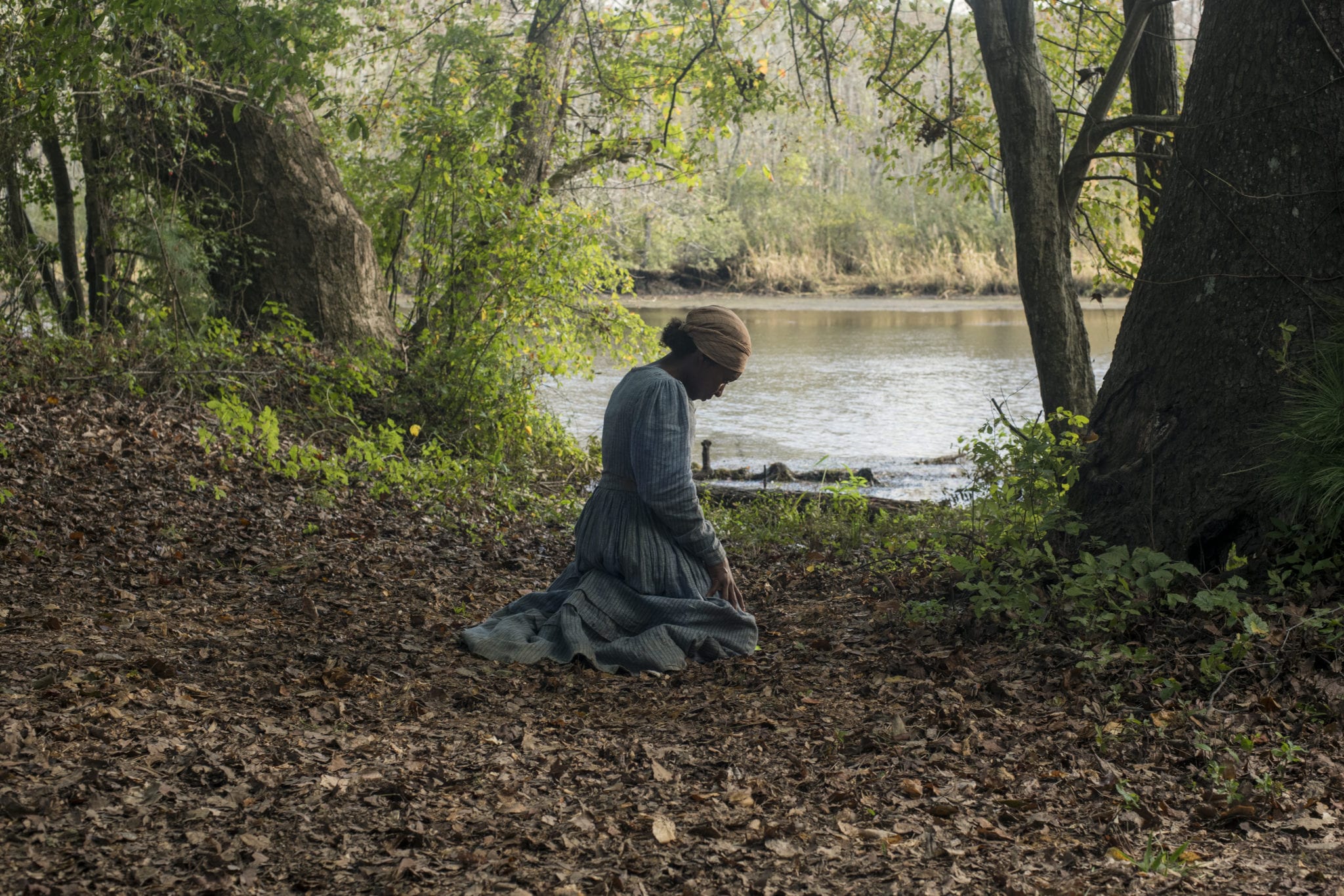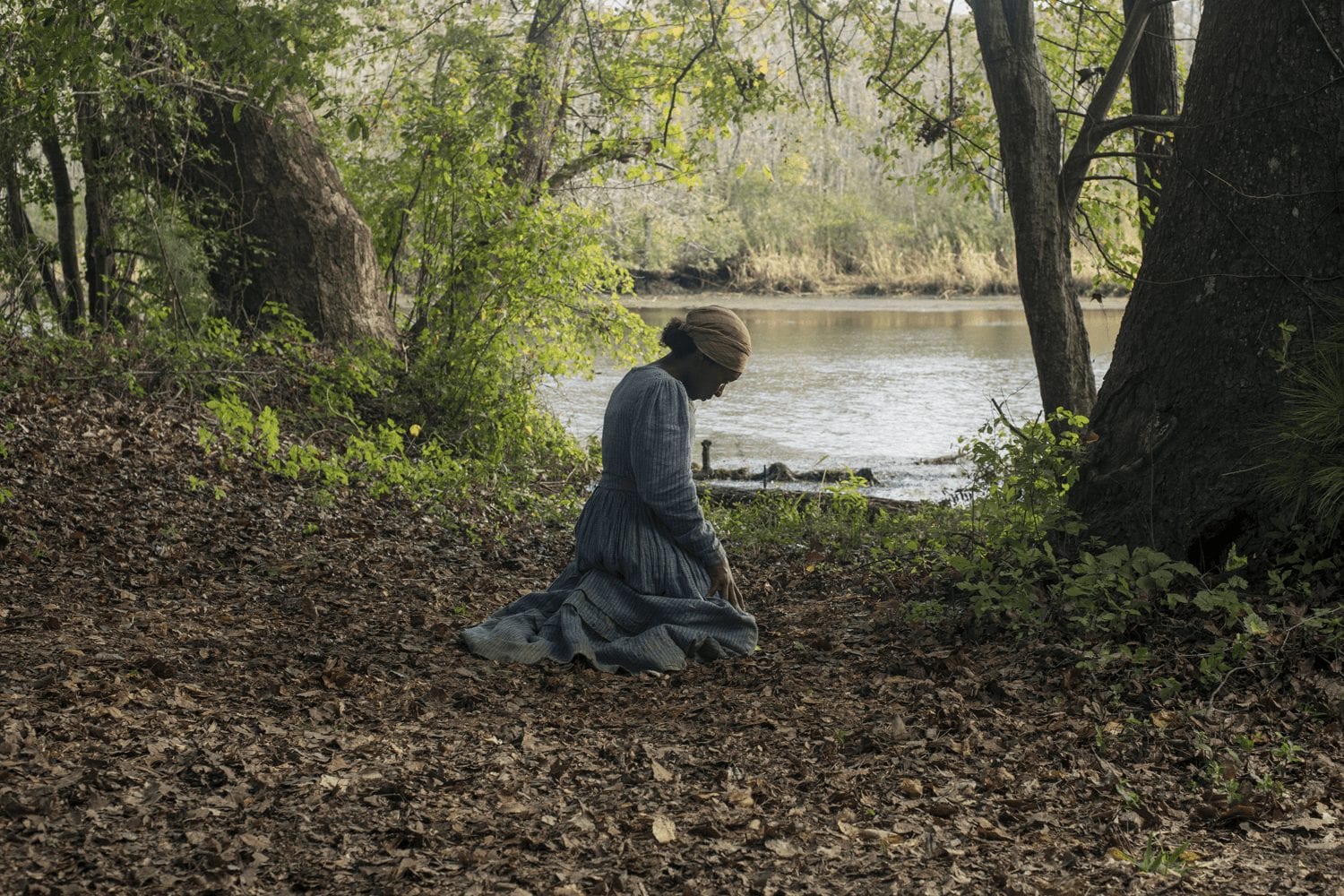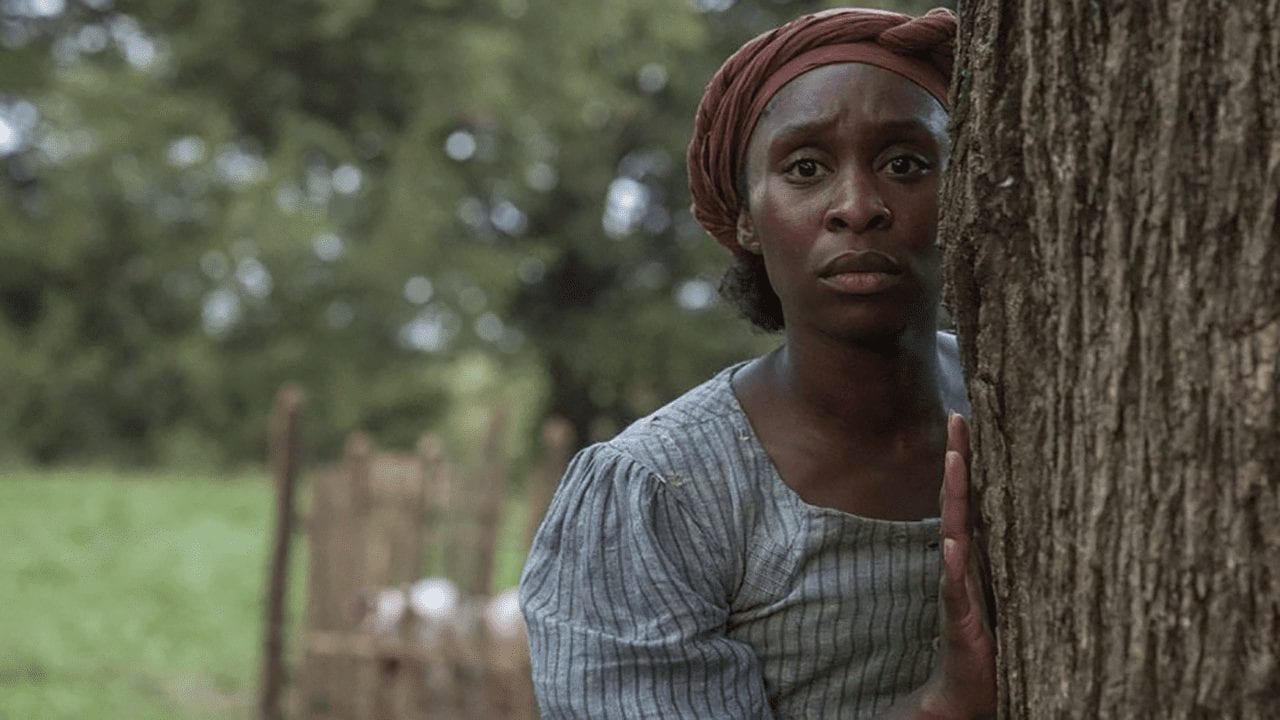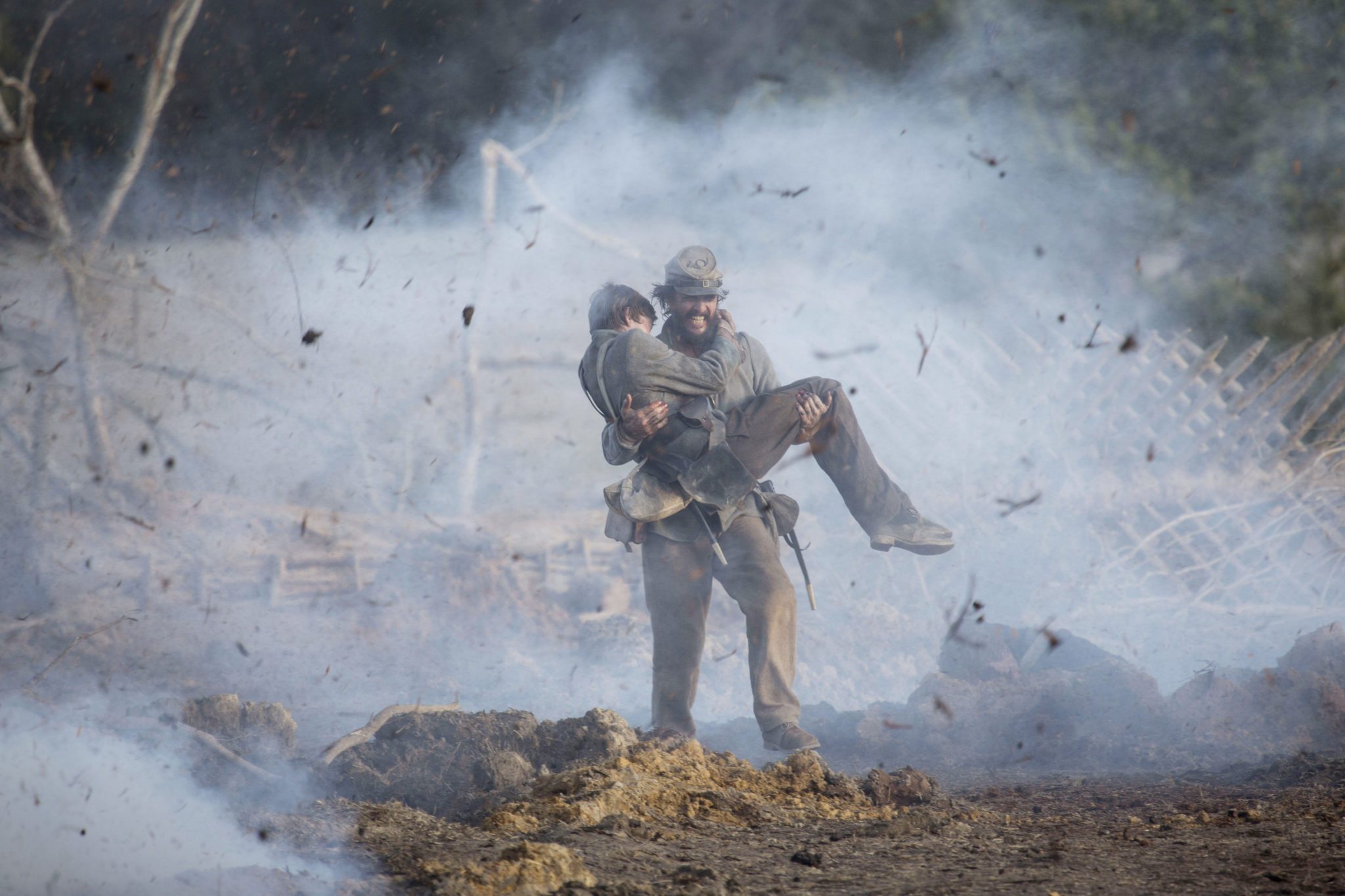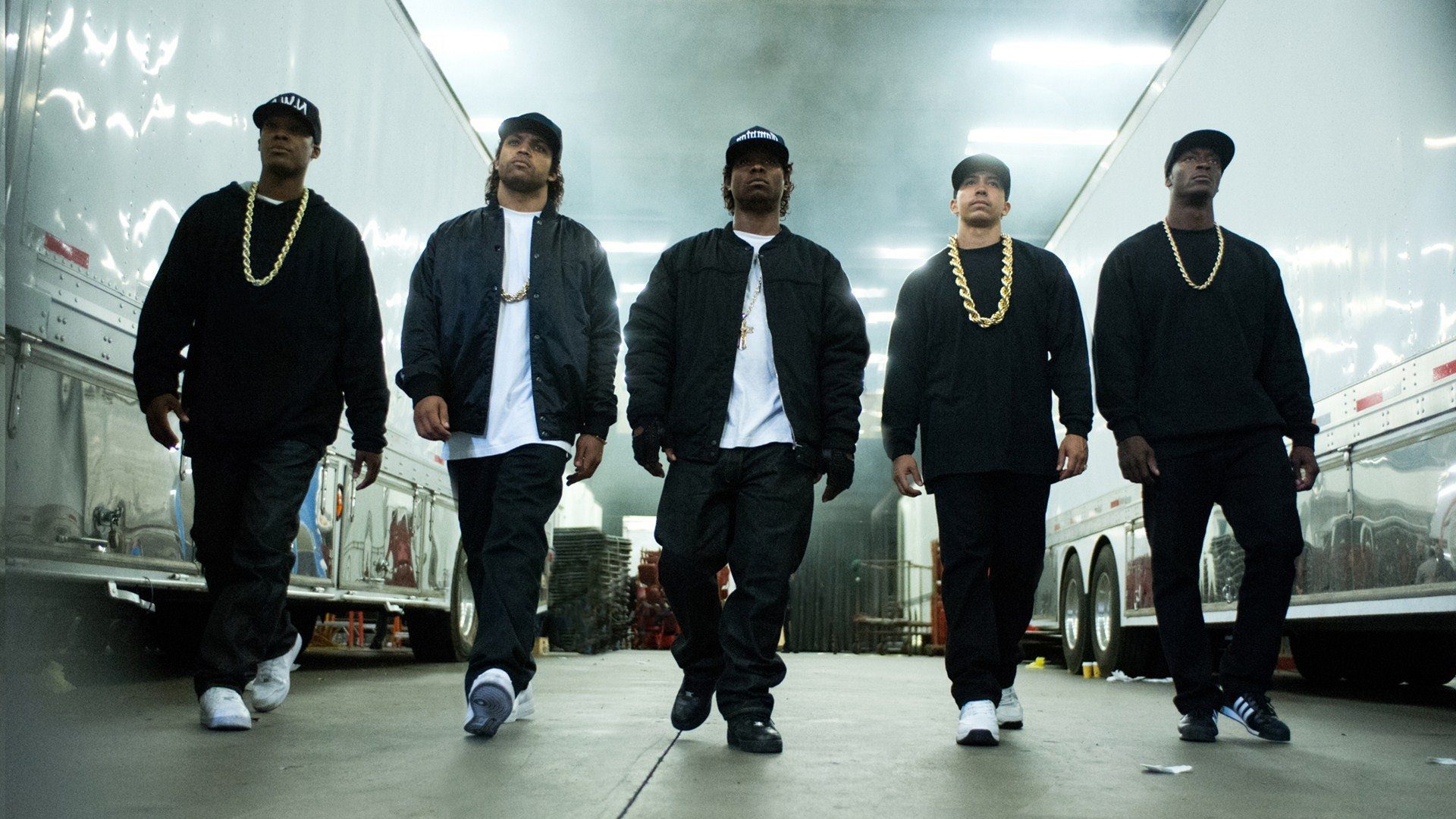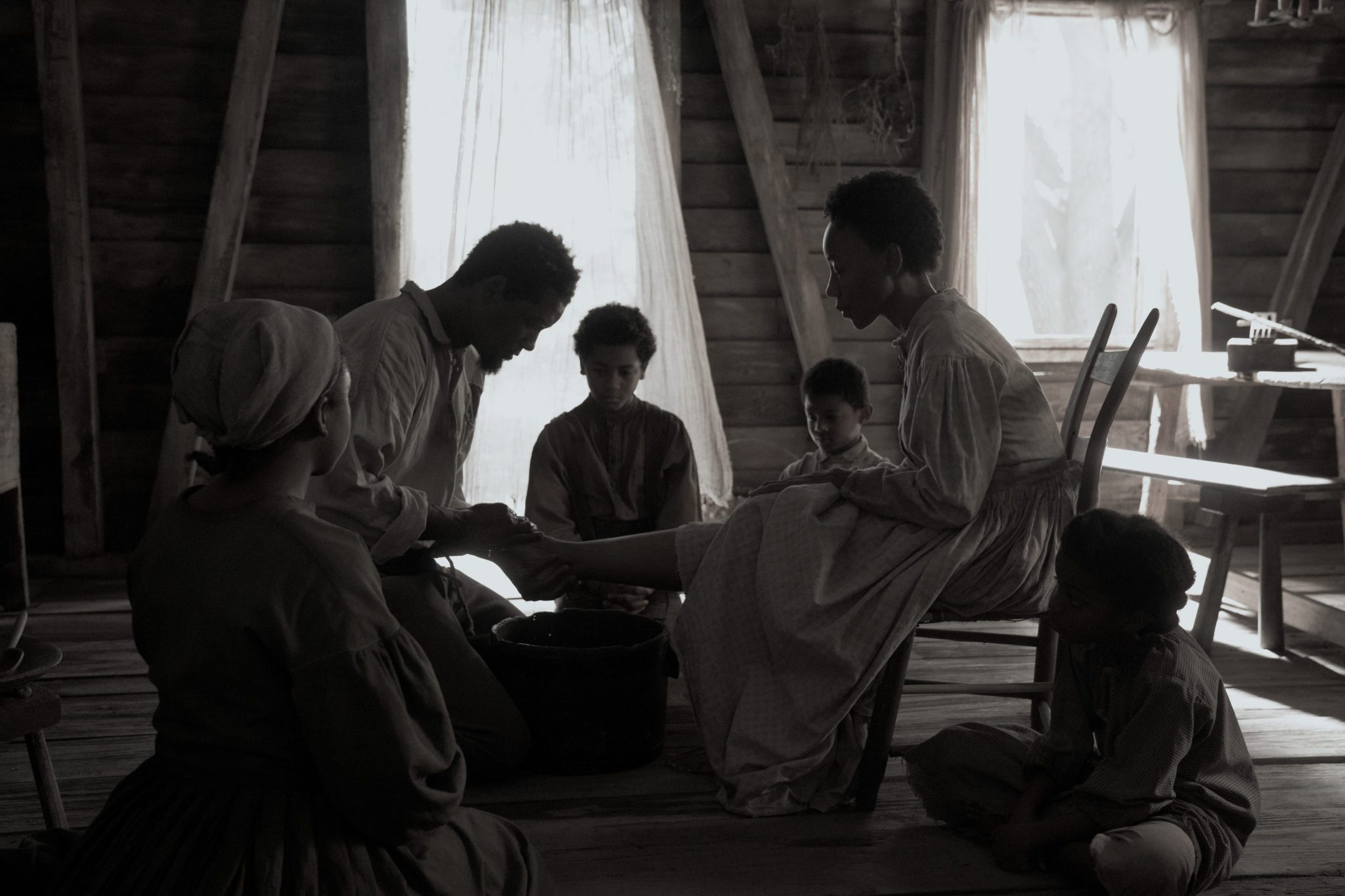
Emancipation – Fight for freedom
“We will not ask for freedom. We will not wait for freedom to be handed to us. We will take freedom!? As one might expect from the title, Antoine Fuqua?s Emancipation is a story of freedom. The true story the film is based on involves a photo known as ?Whipped Peter? (the man?s actual name…

